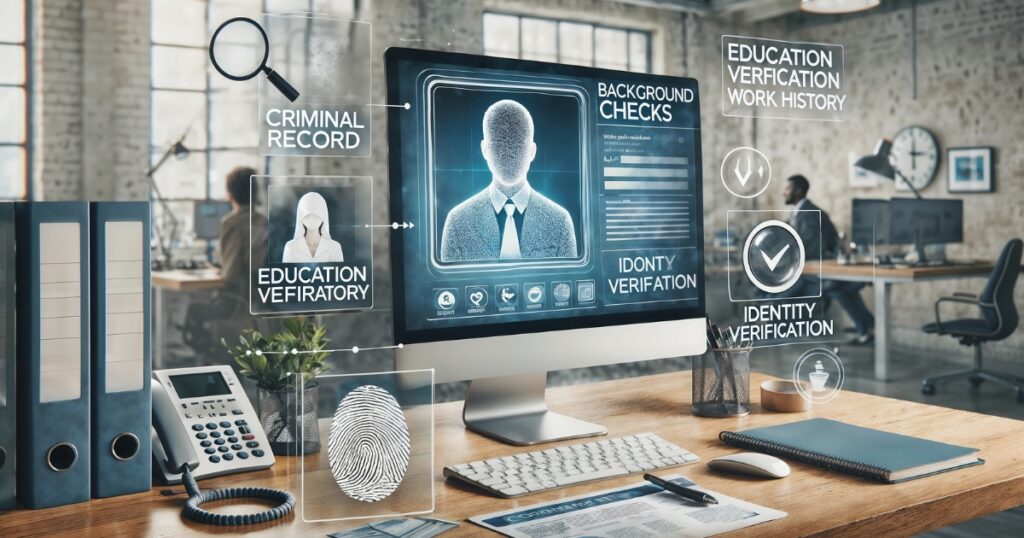A background check is a common practice for companies that are looking to hire new people. Before hiring a person, a background check has been done to maintain safe and ethical standards in an organization. According to the National Association of Background Screeners (NABS), around 52% of employers have found that background checks improve the quality of new hires. Other employers acknowledge this as well, though they do not have a profound background check mechanism.
So, does your organization perform background screening before hiring new employees? If not, you are potentially risking the company’s reputation, data confidentiality, and overall productivity. A simple background check does not cost dearly to the small enterprises. It is rather a small investment that can elevate workplace culture, safety, and productivity.
Background checks for employment have multiple types, and knowing them is crucial for employers. Here is a quick guide to different background checks for employment.
1. Identity Verification
The first and most basic type of background check for employment is identity verification. According to the Bureau of Justice Statistics, around 7-9% of Americans are victims of identity theft, which leads to financial losses of around $16 billion. Therefore, identity verification is crucial to prevent fraudulent activities.
Typically, the identity verification process includes a name check, address check, date of birth check, deceased person alert, fraud alert, etc. Since this is a basic background check, all enterprises should perform this to prevent fraud activities. Moreover, it also blocks imposters, including those with dual jobs or other fraudulent activities.
2. Criminal Background Check
No employer would want to hire a person with a criminal background. Moreover, there are certain jobs where maintaining confidentiality matters. Therefore, a criminal background check becomes an essential part of the onboarding process.
Checking a person’s criminal background is not difficult since online databases are available from various authentic websites. The human resource management of the companies uses various tools or online software to check the criminal backgrounds of candidates before hiring them for particular job roles.
3. Credit Background Check
Checking credit background is also essential during the hiring or onboarding process. A credit check is crucial to understanding a person’s financial stability. Moreover, it also helps the organizations to eliminate potential financial scams and frauds. Typically, the credit check procedure includes the following things:
- SSN verification
- Credit history
- Level of debt
- Bankruptcy
- Recent credit applications
- Previous employment history
4. Educational and Occupational Backgrounds
Checking educational and occupational backgrounds during the hiring process is also a common practice. During the onboarding process, the employees need to submit their educational certificates and previous occupational details.
The HR department verifies the documents to complete the onboarding process. Therefore, educational and occupational background checks are a common procedure in almost all organizations. Such background checks aim to eliminate candidates who flaunt fake experience or educational qualifications.
5. Fingerprint Background Check
Among the different types of background checks discussed above, the fingerprint background check is probably the most important. Every person has a unique fingerprint. Therefore, fingerprints serve as a person’s unique identification. Typically, an FBI fingerprint background check includes the following:
- Criminal records: arrest, case results, charges, etc.
- Police reports linked to the fingerprint
- Basic information such as birth date, address, name, etc.
Conclusion
So, these are the top five types of background checks that employers should perform before hiring new employees. Apart from these five types of background checks, there are other types of background checks. For example, e-verify check is an emerging background verification procedure. This procedure inspects the employment eligibility verification of the candidates. Companies should have a strong HR department to ensure a flawless background verification.


